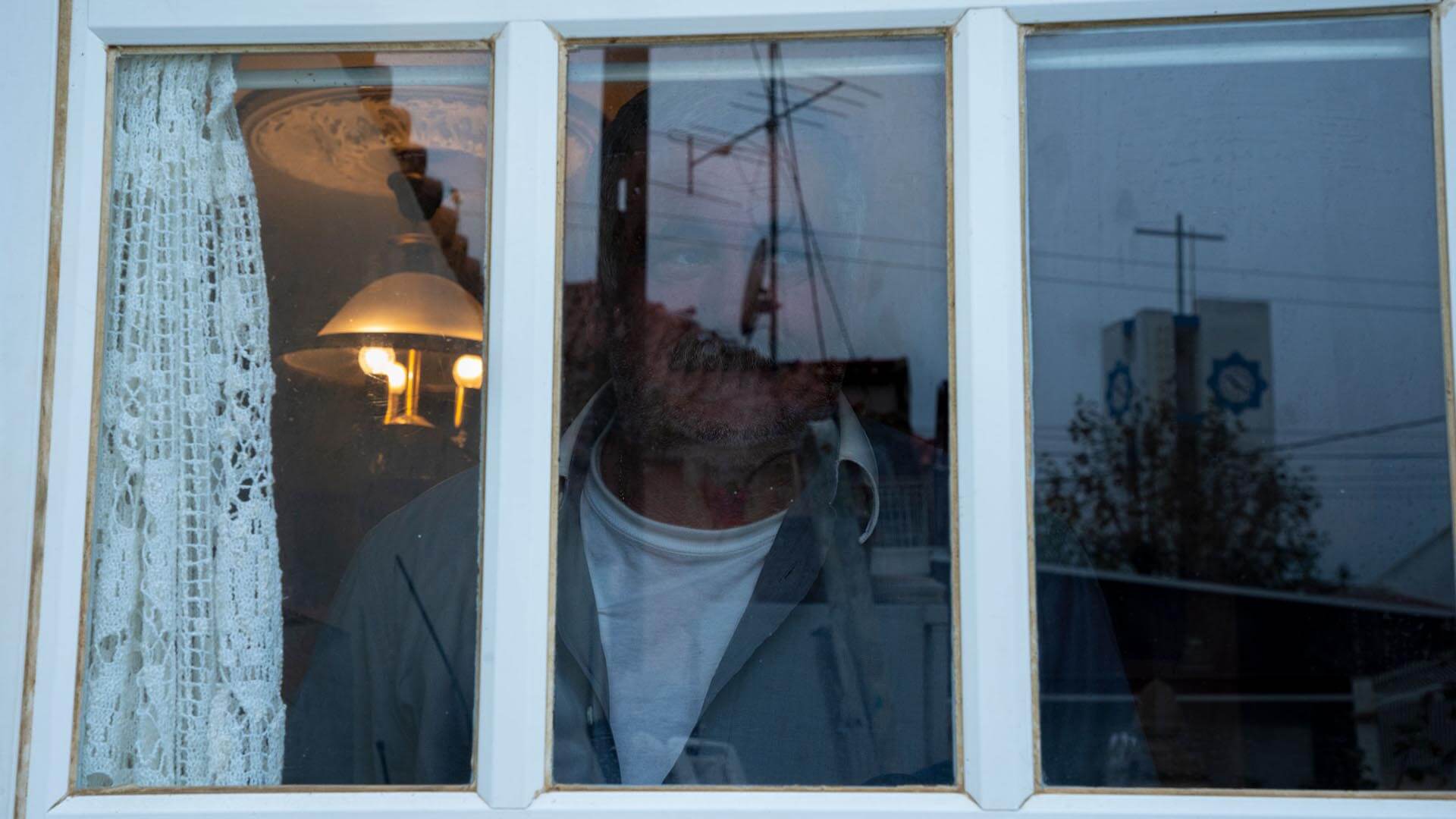Too
young
to be old
At the end of 2019, Portugal had 310,482 people registered as unemployed according to the Portuguese Employment and Professional Training Institute (IEFP, acronym in Portuguese). This is the lowest it has been for over two decades. The unemployment rate is one of the most used indicators when evaluating the economic performance of a country. However, the variables used in this calculation tend to hide some important numbers.
In the eyes of the IEFP, the 92,102 citizens who are out of work, but registered on employment programmes or professional training are considered “occupied”. The 23,069 who, for health reasons, aren’t immediately available for work are assigned the category of “temporarily unavailable”.
This means that there are at least 115,171 people without paid work who are not counted in the unemployment figures. If they were, the official figures would be 37% higher. This statistic is particularly relevant if you take into account that practically half the unemployed population is considered poor (lives on less than €501 per month), according to the Portuguese National Institute for Statistics.
The pandemic caused by the SARS-CoV-2 coronavirus has stalled the economy and even the most optimistic forecasts predict one of the worst economic crises of all time. Guiomar, Rui, Alice and António, are all over 55 years old. They belong to a group which is particularly vulnerable to long-term unemployment. These men and women were born in Portugal, but their stories echo those from other parts of the world, in a society that is far from kind to those in this stage of life.
We went to hear their stories, which are nearly always invisible - people with a life of work behind them, who the labour market has tossed aside.





